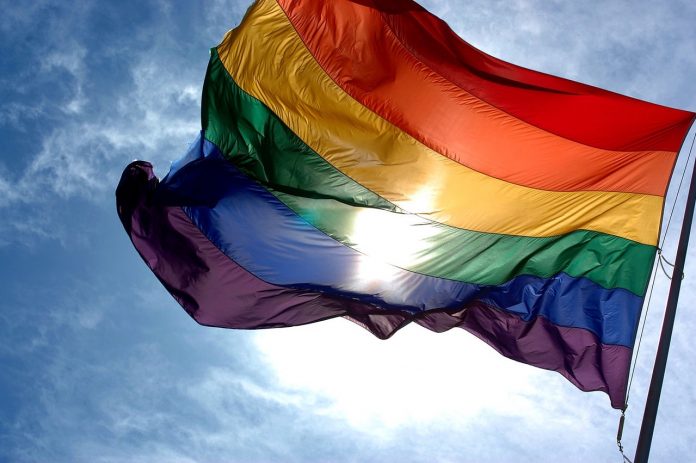Marius Holtan reckons that now Coming Out Day is a national institution, it must be time to scrap it.
October 11th was National Coming Out Day, the twenty seventh annual event designed to celebrate sexual diversity and support those who otherwise might not dare to come out in defiance of heterosexual norms.
However, within the openly gay community the day is now looked upon as being just another way to remind LGBTQs how they fall outside the norm. Many within the community believe that Coming Out Day is problematic in itself, since the whole concept of ‘coming out’ should be irrelevant in a society which has eradicated discrimination on grounds of sexuality.
But as most people are aware, especially anyone who falls outside the heteronormative, we’re not quite there yet. Children are still being disowned by their parents for being queer, the suicide rate within the LGBTQ community is drastically higher than in the general public — even more so within the transgender community, and people are still being discriminated against in every aspect of life because of their sexuality.
On this basis, one could say that the awareness which Coming Out Day is meant to raise, is there to help the LGBTQ community. The original thinking behind the day is that coming out as gay, lesbian, bisexual, transgender, queer or simply an ally is the most basic form of activism – an act against the homophobia which thrives in silence and ignorance. The need for support and protection for the LGBTQ community is profound, and Coming Out Day could potentially be part of this.
However, it seems to me that this potential is cancelled out in reality. Coming Out Day actually confirms a dangerous dynamic which suggests that the responsibility for safety lies in the hands of the oppressed, rather than calling on hetero-normative sections of society to sort out the problems which they themselves created, and which they are primarily responsible for.
The idea of Coming Out Day seems especially dubious given that many LGBTQs feel as if ‘coming out’ isn’t something you do once, but something you do nearly every day of your life. Because whenever you meet a new person or walk the street with the person you love, you will have to share your sexuality with them, and as a result you’re coming out to them. Another factor which goes against the idea of a single moment of ‘coming out’, is the large number of people who might be open about their sexuality to certain people in their life — such as friends, but not to others — like family or colleagues. Thus despite the fact that they may live their lives fairly ‘openly’, they still have a lot of ‘coming out’ to do.
Obviously the intention behind Coming Out Day was nothing but good, and the notion that more awareness and support creates more openness is a well established one. The problem is that this hasn’t really happened — 27 years later, the day does not have the impact it’s been waiting for all these years. The LGBTQ community does not celebrate the day in the way you might expect; instead, the general opinion is more negative than positive. This drains the day of any importance and leaves it as a simple token of goodwill on the part of the hetero-normative part of the population. It ends up being just another example of ‘visible compassion’, i.e. a bunch of right-on heteros saying, in effect: ‘look at how open and supportive we are for accepting what’s outside the norm’.
In which case, it’s only right to ask: who needs a national Coming Out Day? Clearly not the LBGTQ community, which isn’t that bothered about it. And surely it’s not for anyone else to stipulate if and when the community should ‘come out’ and celebrate itself.
It comes to this: Coming Out Day should not be allowed to see its thirtieth birthday.

